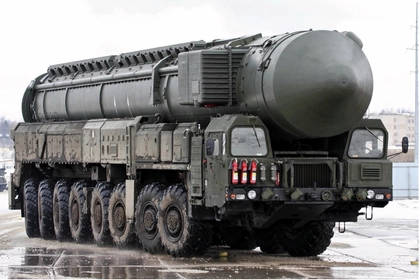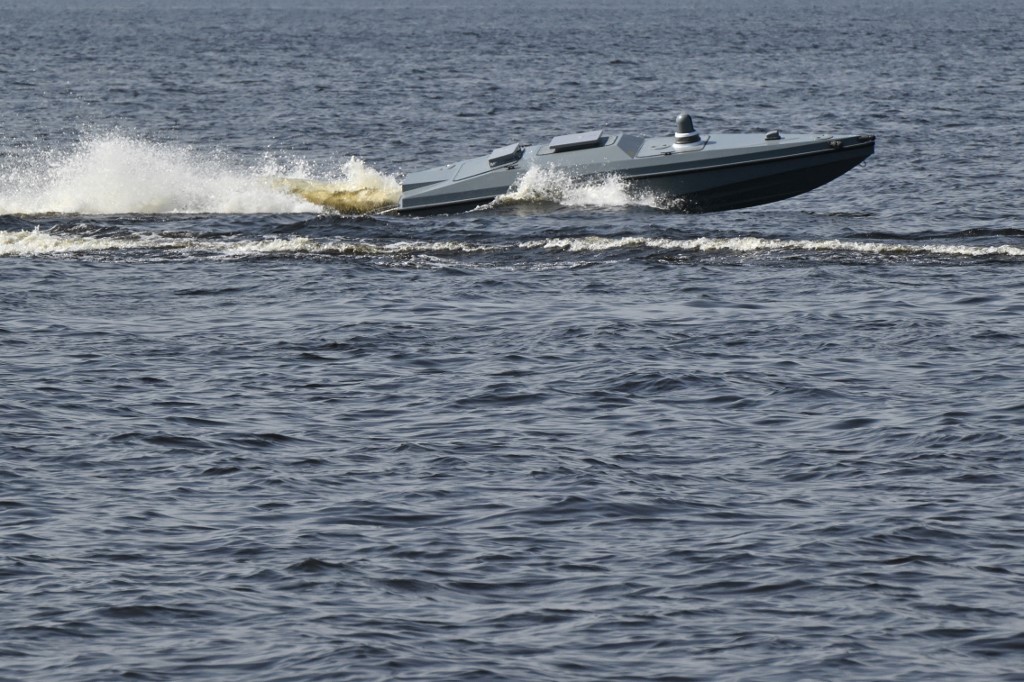Can you understand Olaf Scholz's hesitation on this issue?
The hesitancy Germany, politicians from other countries, and also a number of experts show is based on a fundamental misunderstanding of the factors that drive Russia's international behavior. Moscow’s current foreign policy - whether using military or other means – is aimed at achieving results that can be sold to the Russian population as successes.
JOIN US ON TELEGRAM
Follow our coverage of the war on the @Kyivpost_official.
Although the Russian regime is authoritarian, it is dependent on stable support from the elites and the wider population. Putin's adventurism has developed over the last quarter of a century against the backdrop of Moscow's military aggression remaining more or less unpunished, or Western punitive measures turning out to be air acts.
Russia's external aggression - whether in Georgia, Syria or Ukraine - appeared to be successful at relatively low cost. They were and are more or less popular with the Russian political elite and ordinary citizens, as survey results show. The ability of Ukraine to hit back with Western weapons on Russian territory is likely to call Putin's past and future track record into question in the eyes of many Russians. It may therefore - despite all the continuing warlike rhetoric from the Kremlin - reduce rather than increase the regime's readiness for aggression and escalation.
What dangers do you see as real and which Scholz puts forward as arguments for his position?

Western Manufacturers Turn to Ukraine’s Brave 1 for Drone Expertise
There is of course a danger of tensions escalating into an all-European and nuclear war between NATO and Moscow. However, this danger has existed for 70 years now, and was also prominent at a time when there were far more atomic warheads in Europe than there are today. Would it not have been wise in the 1950s to respond positively to Stalin's idea of separating West Germany from Western structures? Would this not have been good peace policy at the time? Shouldn't the USSR have been allowed to station nuclear missiles in Cuba in the 1960s? Wasn't Kennedy an irresponsible warmonger back then? Other similar examples could be added.
Another case from recent history: In 2015, Turkey deliberately and openly shot down a Russian fighter bomber over Syria. Both Russian pilots were killed. Russia's response was all kinds of threats and temporary economic sanctions against Turkey. After about a year, however, Turkish-Russian relations virtually returned to normal.
To what extent do you see the possibility that Putin could “foist” attacks with civilian casualties on Russian territory on the West?
Such so-called false flag actions are possible, even probable. The prototype of this tactic are the mysterious bomb attacks in Moscow, Buynaksk and Volgodonsk in the fall of 1999, the political repercussions of which propelled Putin into the presidency for the first time in the spring of 2000. However, the question would arise today as to how exactly Russia should react to self-orchestrated, alleged Western crimes against Russian civilians.
Moscow will continue to want to achieve results that can be sold to the population as successes. Russian involving the West directly in the Russo-Ukrainian War (or accusing them of such involvement) would change the balance of power in Eastern Europe and reduce Moscow's chances of success. Arguably, it would even be in Ukraine's interests. The Kremlin will therefore avoid escalating political tensions with the West into a direct military confrontation with NATO, despite Putin and Medvedev’s aggressive rhetoric.
US Secretary of State Blinken is now also hinting at American flexibility on the limited use of Western weapons on Russian territory. Would this be a game changer for the war if the USA were to follow the Europeans?
That would undoubtedly be a step in the right direction, but not enough by itself to change the course of the war in the short term. This would require more concerted measures, such as a combination of previous approaches with the
- delivery of more effective weapons to Ukraine (combat aircraft, Taurus cruise missiles, etc.),
- confiscation of frozen Russian funds and their transfer to Ukraine
- tightening of economic sanctions against Russia as well as its trade partners
- NATO taking over the air defense of western Ukraine, and
- deployment of foreign troops from willing partner countries in Ukraine's rear.
Such an overall package would not only change the course of the war but also demonstrate to Moscow the hopelessness and risk to itself of further escalation. Military success for Putin would be harder to achieve and would open the way to meaningful peace negotiations between Ukraine and Russia.
Andreas Umland is an Analyst at the Stockholm Centre for Eastern European Studies (SCEEUS) in the Swedish Institute of International Affairs (UI).
The views expressed in this opinion article are the author’s and not necessarily those of Kyiv Post.
You can also highlight the text and press Ctrl + Enter






